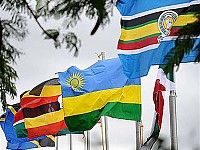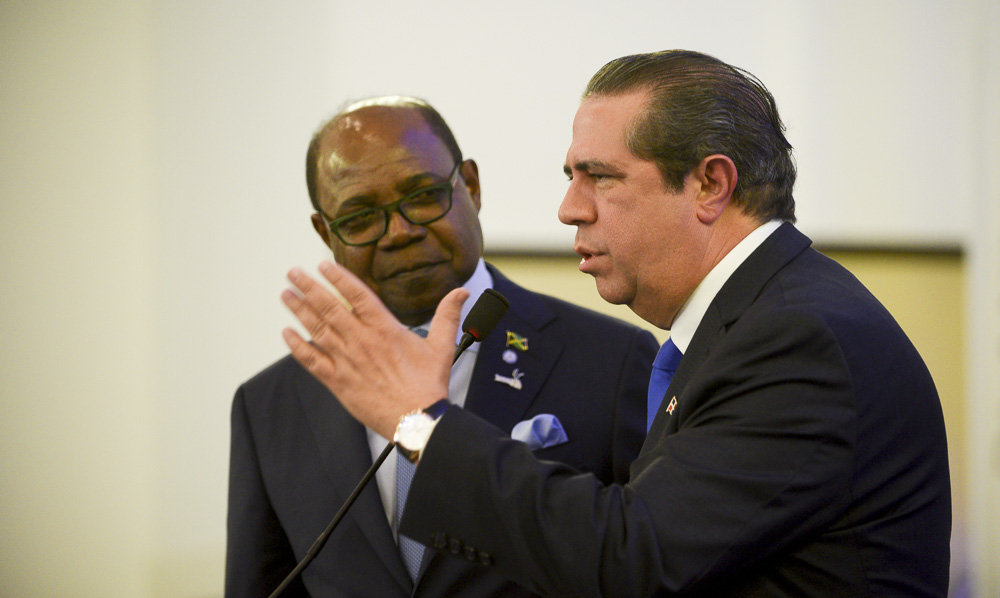This post may contain affiliate links. We may earn money or products from the highlighted keywords or companies or banners mentioned in this post.

The instability of Burundi, the East African country fighting poverty and political crisis, has an impact on the business activities of the East Africa Community (EAC), which has tried to promote the whole region as one destination to boost tourism in East Africa.
According to the chairman of the Burundi Chamber of Hotels and Tourism, Dennis Nshimiyimana, the situation in Burundi hurts regional tourism. While some hoteliers in Bujumbura, Burundi’s capital, closed down their facilities, others died violently, and still others ran away from the country. Mr. Nshimiyimana seeks support of the East African Tourism Platform (EATP) as well as the region in order to reestablish peace and resume business activities.
With the shutting down of the Akilah Institute for Women, there is no university to provide education in the field of tourism and impart the required skills to people. As the hotel capacity in Burundi has come down, more investment has also become essential, according to Nshimiyimana.
The tourism activities in the country remain paralyzed because of the political instability. The turmoil in Burundi started in April 2015 following the announcement by the National Council for Defense of Democracy-Forces for the Defense of Democracy that the ruling party’s Pierre Nkurunziza, currently the president, would contest for his third term in office.
Amidst opposition, Nkurunziza won the elections in July, which resulted in violent protests and political crisis. Up to now, more than 500 people died and as many as 230,000 left the country. In Rwanda alone, there are as many as 70,000 Burundian refugees.
The chairman of the East African Business Council, Dennis Karera, said that business activities in Burundi have come to a standstill because of the insecurity. Suzan M. Ongalo, assistant CEO of the Kenya Tourism Federation, said that the instability in Burundi or any other EAC country affects the whole region.
In January 2014, Kenya, Uganda and Rwanda – the Northern Corridor countries – started implementing the single tourist visa system. A tourist that wants to visit any of the three countries pays $100 at the point of entry. Earlier on, Kenya and Uganda charged $50 each, while Rwanda charged $40.
Currently, Tanzania and Burundi are not part of the single visa plan. Mr. Nshimiyimana has urged the EATP to arrange meetings in Burundi for the purpose of convincing the country’s government. The aim of single visa is to boost tourism in East Africa as a whole.
In Rwanda, the tourism grows 4 percent annually, contributing nearly 9 percent to the country’s GDP. Statistics revealed by Rwanda Development Board show that the contribution from tourism was $305 million in 2014 compared to $294 million in the previous year.
The chief tourism officer of the board, Belise Kariza, said that tourism is one of the priority sectors for Rwanda’s economy. According to Kariza, development of national parks, investments in hotels and implementing good customer care practices is essential to help tourism in East Africa and to turn the whole region into a popular travel destination.










